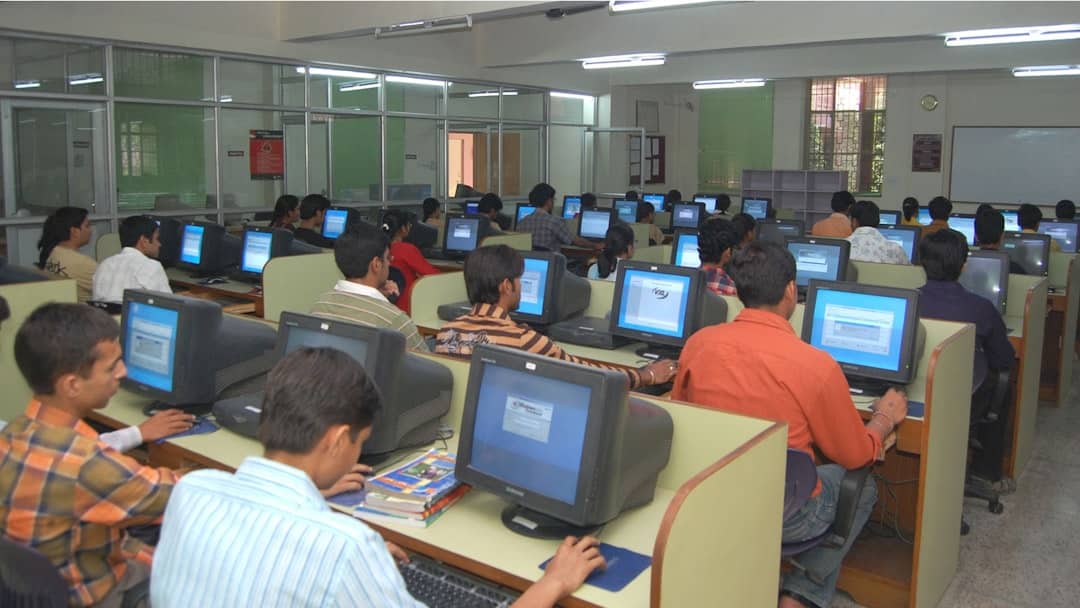
The Role of Technical Vocational Education Training in Economic Development and Workforce Growth
Every country wants a strong economy. But how do you build one? One powerful way is by giving people the right skills. That’s where Technical Vocational Education and Training, or TVET, comes in. It helps people learn practical skills they can use to get jobs and boost the economy.
TVET is all about hands-on learning. Instead of only reading books, students also use their hands, machines, and tools. They learn to fix cars, build houses, cook meals, design websites, and much more. These are jobs needed everywhere!
TVET Meets Real-World Needs
One big reason why TVET is so important is that it matches the labor market. That means students are taught what businesses actually need. If there’s a demand for electricians, mechanics, or healthcare workers, TVET programs train students for those jobs.
This helps fix two problems at once:
- Unemployment: People without jobs gain useful skills.
- Skill gaps: Companies find workers with the right training.
This win-win situation is good for both workers and employers. And that helps the whole economy.
Creating a Skilled Workforce
When a country has more skilled workers, it becomes stronger. Factories run better. Construction is safer. Hospitals are more efficient. Skilled workers improve quality and save time. That leads to more business success and growth.
Some of the most common areas where TVET plays a key role are:
- Construction and building trades
- Automotive repair and services
- Information technology
- Hospitality and tourism
- Healthcare support

TVET Supports Entrepreneurship
Not everyone wants a job at a company. Some people want to start their own business. TVET helps here too. It teaches not just job skills, but also how to run a business.
For example, a young woman who learns how to sew and design clothes might open her own tailor shop. A man trained in plumbing might start his own repair service. These small businesses help local communities and create even more jobs.
Youth Empowerment and Inclusion
Youth make up a big part of the population in many countries. But many of them struggle to find work. TVET programs offer them hope. They give young people a path to a better future.
Even students who didn’t do well in traditional school can succeed in TVET. It focuses on their talents and not just test scores. This makes it more inclusive and fair.

Also, TVET reaches more than just young people. Adults can return to training too. This is great for people changing careers or upgrading their skills in today’s fast-changing world.
Boosting Economic Development
More trained workers mean more productivity. That boosts the Gross Domestic Product (GDP). It also helps countries reduce poverty, improve services, and raise living standards.
Governments that invest in TVET often see long-term gains. They create partnerships with industries, build better training centers, and support innovation. Everyone benefits—students, businesses, and the nation as a whole.
TVET and Future Jobs
The future of work is changing fast. New technologies like automation, artificial intelligence, and green energy are creating new types of jobs. TVET is flexible. It can update its programs quickly to prepare students for tomorrow’s careers.
That keeps the workforce ready and future-proof.
Challenges Still Exist
Of course, TVET programs face challenges too. Some people still think of it as less valuable than traditional academic education. Others may worry about outdated equipment or lack of trainers.
But these are problems that can be solved. With good funding, strong leadership, and support from the community, TVET can shine even brighter.
Conclusion: Skills Build Nations
TVET is not just about jobs. It’s about dreams. It gives people the power to shape their own future. With skilled workers, both small towns and big cities can grow stronger. Businesses prosper. Families thrive.
So whether it’s fixing cars, baking bread, or building apps, vocational education is doing more than just training workers. It’s building a better world—one skill at a time.